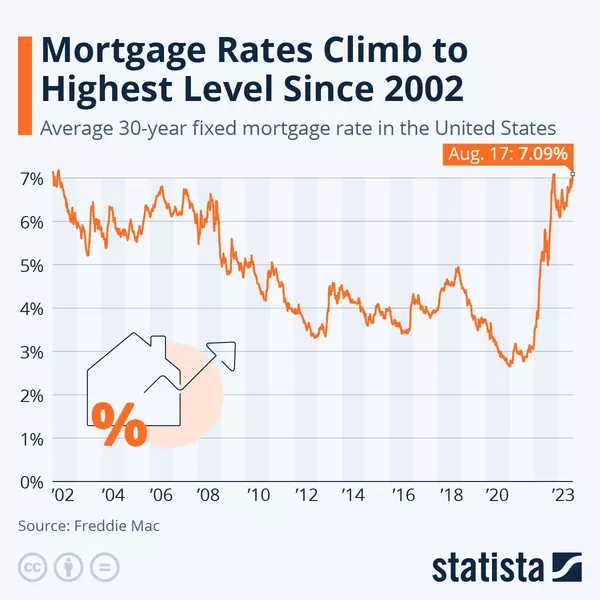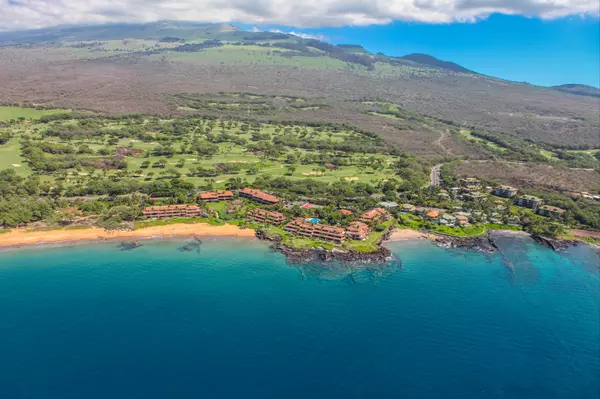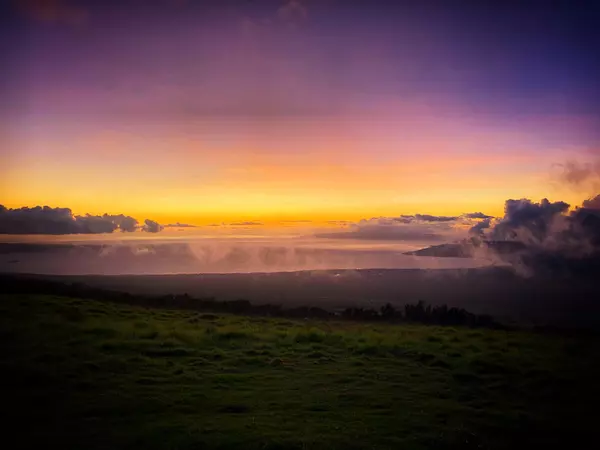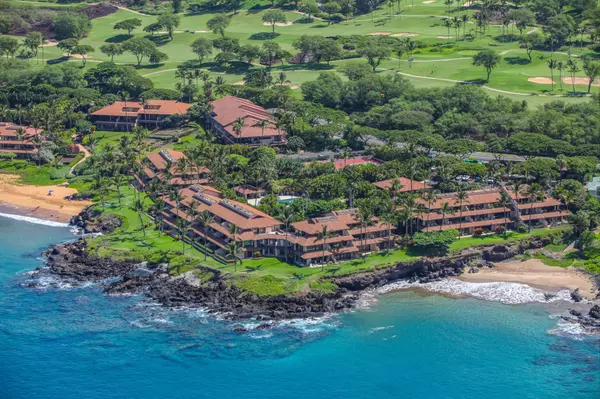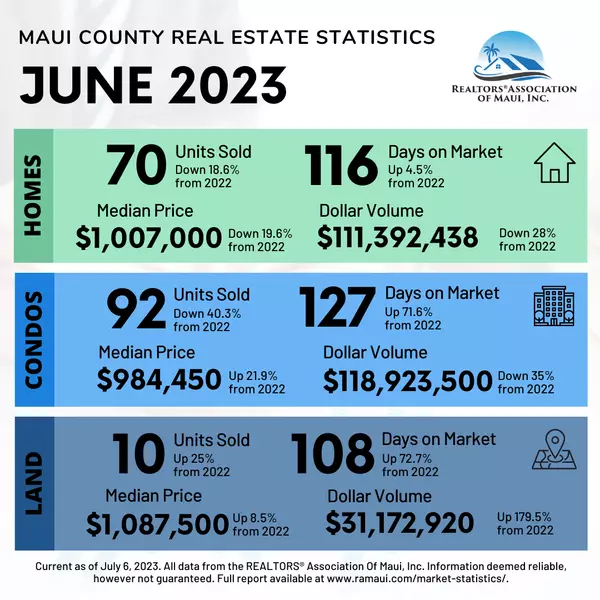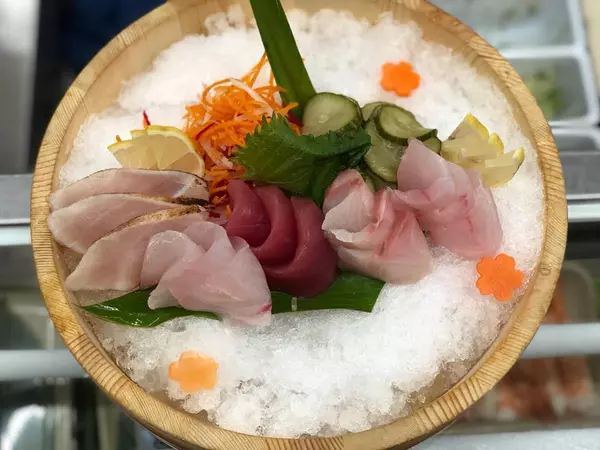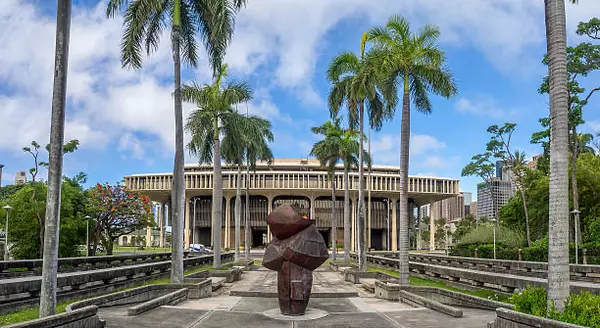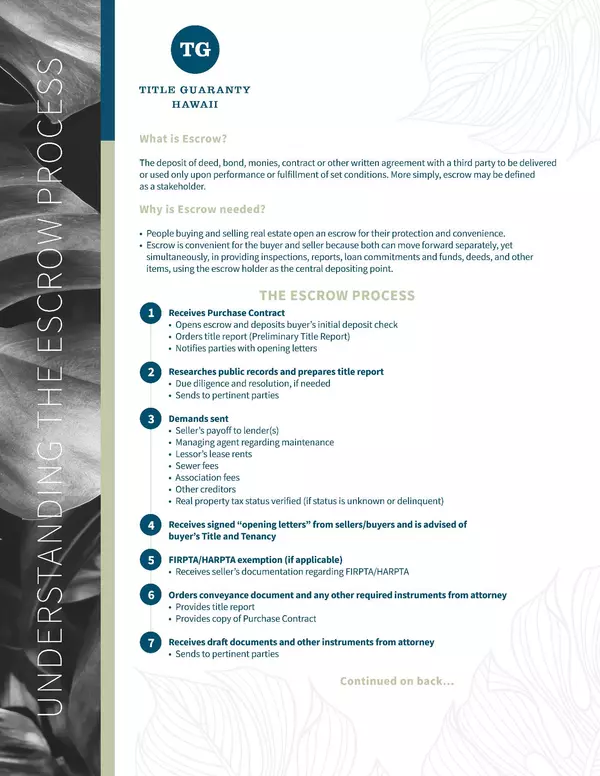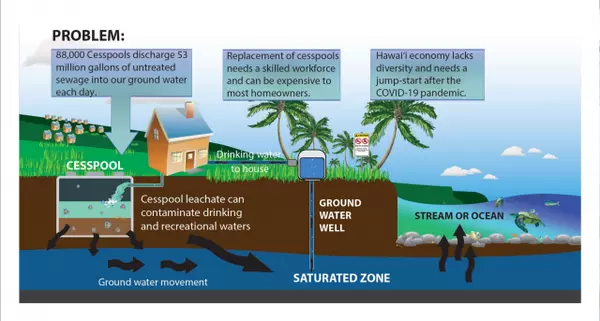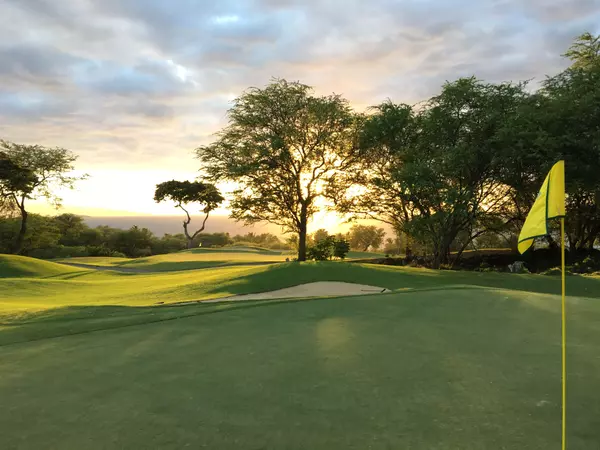
Where to Golf on Maui: Unveiling Paradise's Finest Courses
Welcome to the Golfer's Paradise: Unveiling Maui's Finest Golf Courses Welcome to the golfer's paradise on the stunning island of Maui! If you're seeking unforgettable golfing experiences amidst breathtaking landscapes, you've come to the right place. Join us as we unveil the finest golf courses acr

How to Take Title in Hawaii: Understanding Property Ownership Methods
When it comes to owning property in Hawaii, the method by which you hold title can have significant implications for distribution and taxation upon your passing. Understanding the different tenancy options and their impact on your estate plan is crucial for effective estate planning. This comprehens

A Comprehensive Guide for Canadians Buying Property on Maui and in Hawaii
Maui and Hawaii as a whole have long been favored destinations for Canadians, attracting numerous buyers and sellers to their stunning shores. If you're a Canadian considering purchasing property on Maui or in Hawaii, it's crucial to understand the unique aspects of the process. In this comprehensiv
Categories
Recent Posts
